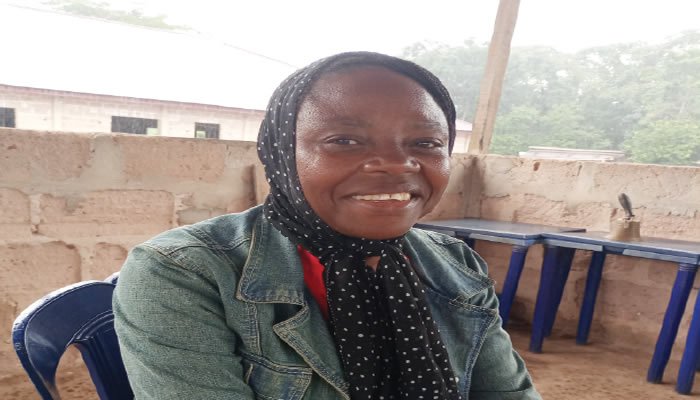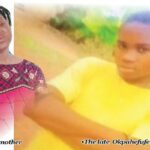
The Camp Supervisor at the Home for the Needy, Uhogua, Edo State, Pastor Evelyn Omigie, talks to ADEYINKA ADEDIPE about the condition of the camp which houses internally displaced persons from different parts of the country
Some children in your facility were said to have performed well in the last Universal Tertiary Matriculation Examination. How far have you gone about securing scholarships for them into higher institutions?
It has been tough getting help but we are still appealing to the public, government at all levels, non-government organisations, and individuals that love humanity to come and support the children because the number of children currently in various universities is high. They need support, they need to achieve their academic goals. One hundred and fifty-six took part in the last UTME organised by the Joint Admissions and Matriculation Board and they all passed, and the person who scored highest had 298, followed by another who scored 289. We need support for their school fees and this is outside the primary and secondary school pupils in school within the camp. We also have to feed the kids and the adults. A kid that is not well-fed, cannot study. We need other things like sanitary pads, toilets, and medicines, especially malaria drugs.
Have you reached out to the state governors in the North-East where most of the displaced people come from?
We have written to them about the need to support these people and we are still hoping that help will come.
How are you able to live with them knowing that they came from a volatile region and may be traumatised?
When they first came, they were highly traumatised because of what they experienced. Some saw their fathers killed, their mothers butchered, their brothers and sisters sent to their early graves, while the women saw their husbands killed and they became widows overnight. While escaping to avoid being killed, they saw corpses and it was a harrowing experience for all of them. These are things that caused a lot of trauma. When they got here (the IDP), we counselled them, showed them love, and also brought in a psychiatrist and a psychologist to work on them. When they came, they could hardly trust anybody; they thought everyone was a member of the Boko Haram sect. We also fed them with the word of God, purged their hearts of hatred, and above all, showed them love. We also let them know that despite the adversities, life must continue. About 90 per cent of them are out of trauma and that is why they can concentrate on their academic studies and do well. As I speak to you, we have those in the 500 level studying Medicine. Before you know it, they will become certified doctors. Others who read Law will become lawyers and they will be able to take care of themselves.
Do the ones who passed through the home come to visit and see how you are doing?
The home was founded in 1993 to take care of the needy and among the first set of people who were with us before the displaced people came, four are now practising lawyers, two are married and two are still here trusting God for a good job. We have graduates of other disciplines who are always here. This is their home.
Have you been able to reunite some of them with their family members?
Many of them have been reunited with their family members. They were all happy to see their family members again.
Did you have kids who were afraid to rejoin their family?
No, we had no issue like that. They were all happy to see their family members again. It was a happy reunion for all of them.
You also have a Christian centre. How do you use religion to help them?
We preach peace. They are all Christians and what we are teaching them is a continuation of what they have been exposed to before coming here. It has helped a lot in stabilising them.
If you had the opportunity, what would you tell the insurgents responsible for the displacement of the children and other IDPs?
My advice to them is that they should look at every human like themselves. They should do to others as they will want others to do to them. They should look at and treat other people with respect. They should know that shedding innocent blood is not a pleasant thing. They should sheath their swords, they should try and find a solution by talking to those in power. Human life is precious and killing people is not an option.





